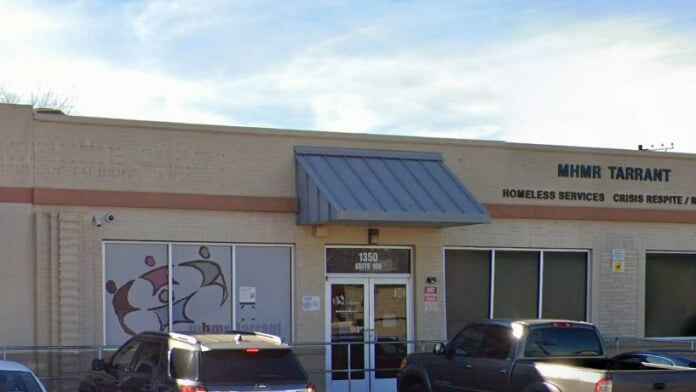About MHMR of Tarrant County – Fort Worth
Formerly known as Community Addiction Treatment Services (CATS), My Health My Resources of Tarrant County (MHMRTC)’s Substance Use Services Program provides an array of addiction treatment programs for adolescents and adults in Fort Worth, Texas. This program incorporates prevention and education services to help stop addiction before it takes root. They offer ambulatory detox services, residential and outpatient treatment, HIV testing services, and housing for veterans in recovery. They accept self payment using a sliding scale fee, private insurance, Medicare, and Medicaid.
As there are so many treatment options available, clients start by calling the program’s ICARE Call Center for a short interview. This is a 24/7 hotline that helps clients find the help they need. For example, you may be linked to crisis intervention, emergency mental health care, relapse prevention services, and other forms of support. If you need to detox before beginning other forms of treatment, you can do so through outpatient or residential detoxification. This may include the use of addiction medications, including buprenorphine and naloxone, to make the process more comfortable.
Their treatment services focus on the physical, mental, and emotional aspects of addiction. There are age specific and gender specific programs that include life skills training, counseling, and parenting courses. There is also relapse prevention planning. Adults in residential treatment will live at the 50-bed Pine Street Rehabilitation Center. Male youth can attend residential treatment at the 16-bed Youth Recovery Campus.
Clients appreciate that the program offers specialized services for disabled clients and that they truly focus on providing individualized care. Staff members are attentive and responsive, and can help you enroll in the treatment best suited for your needs.

